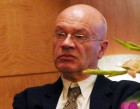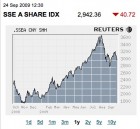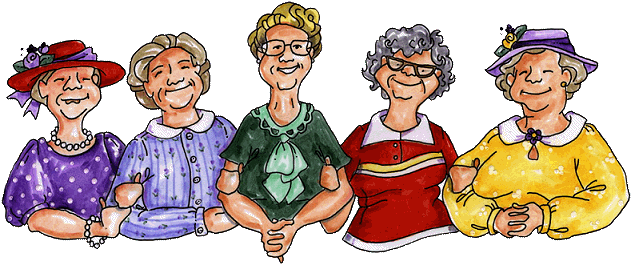Intro from EUCCC:
On 30 Nov 09 the EUCCC/Britcham invited author and Asia commentator Martin Jacques on the subject of his new book When China Rules the World.
According to even the most conservative estimates, China will overtake the United States as the world’s largest economy by 2027 and will ascend to the position of world economic leader by 2050. But the full repercussions of China’s ascendancy-for itself and the rest of the globe-have been surprisingly little explained or understood.
In his far-reaching and original new book, Martin Jacques offers provocative answers to some of the most pressing questions about China’s growing place on the world stage.
In this work he offers his views on how China will seek to shape the world in its own image, an image that has been shaped by a long and rich history as a civilization state.
He argues that, as a culturally self-confident Asian giant with a billion-plus population, China will likely resist globalization as we know it. This exceptionalism will have powerful ramifications for the rest of the world and the United States in particular. As China is already emerging as the new center of the East Asian economy, the mantle of economic and, therefore, cultural relevance will in our lifetimes begin to pass from London and Paris to cities like Beijing and Shanghai. This transition, Jacques argues, will determine whether the twenty-first century will be relatively peaceful or fraught with tension, instability, and danger.
About the speaker:
Martin Jacques is currently a visiting research fellow at the London School of Economics Asia Research Centre. He has recently been a visiting professor at Renmin University, Aichi University and at Ritsumeikan University, Kyoto, and was a senior visiting research fellow at the Asia Research Institute, National University of Singapore. He was editor of the highly respected journal Marxism Today until its closure in 1991. He has written for numerous influential newspapers, journals and magazines and is the author of four books of political commentary.
My comments
My friend Curt (big fan of the author!) gave me the book as a present, he signed it and I also asked the author to sign it. I only read part of it, till now.
Martin is a very good speaker; I won’t give here the full report on his presentation, only some (personal) highlights:
– China will be distinctive and different (as a world power and country); it’s a “civilization state” – agree
– China is a massive country but exceptionally unified through its long history and culture that unifies its vast population; Europe is on the contrary much more fragmented – agree
– Mandarin could become the lingua franca in the region – agree but don’t like it
– South East Asia, Australia and other countries have become very dependent on China (economically) – agree
– 95% of the population feels itself as “Han Chinese” despite the many different ethnicities – disagree, they feel “Chinese” but don’t talk in the way to feel “Han”
– the Chinese are overall not very open to different cultures – agree
– the State in China has a near spiritual role to play and in this respect has little competition; the State has a higher state competence than any other country – mostly agree
– we see the beginning of the decline of the USA as the dominant world power (nobody talks much about the EU…) and the emergence of China who however does not yet want to replace the USA in its (present) role – mostly agree (some Americans are going to like the book but could help the paranoid to call for a stronger military…)
– it is the end of the world, shaped by a Western agenda; in the past the shift was from the UK to the USA, but how will the next shift be? – probably right
– Unlike Americans (and other Westerners?) the Chinese do not ask themselves who they really are – they don’t need to do so – mostly right
– the CCP re-invented itself after Mao’s death – mostly agree
– Confucianism: state-centric and focus on good governance – mostly agree
– overall the book touches not so much on China as a society as I try in my (upcoming?) book; it’s more focused on economy and world power / international balance between the major powers.
Now I still need to read the book! But I already know who invented golf…

































